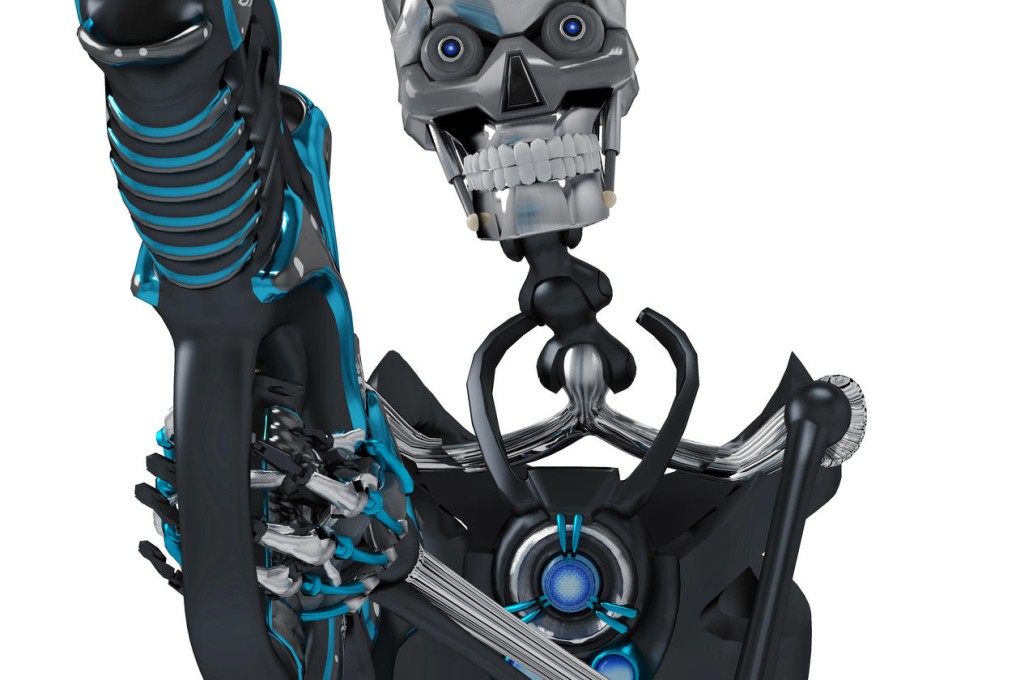The pros and cons of robot weapons
Robot weapons raise questions of conduct, morals and accountability on the battlefield


That could be under threat from robot weapons, which will be able to take decisions to kill or not without input from humans.
War has always been an industrial process, but it's become increasingly mechanised. There's growing concern about whether the autonomous robotic weapons that are slowly taking over from foot soldiers are capable of making appropriate decisions in a war zone. Where once there were ethics, responsibility and chivalry - at least in a basic sense - in the age of autonomous weaponry are we happy to use calculation, accuracy and efficiency?
The spectre of man-free warfare isn't new. Unmanned aircraft and drones are used for surveillance in Pakistan, Yemen and Afghanistan.
A report late last year has led human rights groups to campaign to forestall the arrival of autonomous robots.
Losing Humanity is a joint effort by Harvard Law School's International Human Rights Clinic and the charity Human Rights Watch, which is chiefly concerned about the protection of civilians during times of war. Although the report concludes that governments should ban autonomous weapons completely, it also makes an appeal to "roboticists" to establish a professional code of conduct "to ensure that legal and ethical concerns about their use in armed conflict are adequately considered".